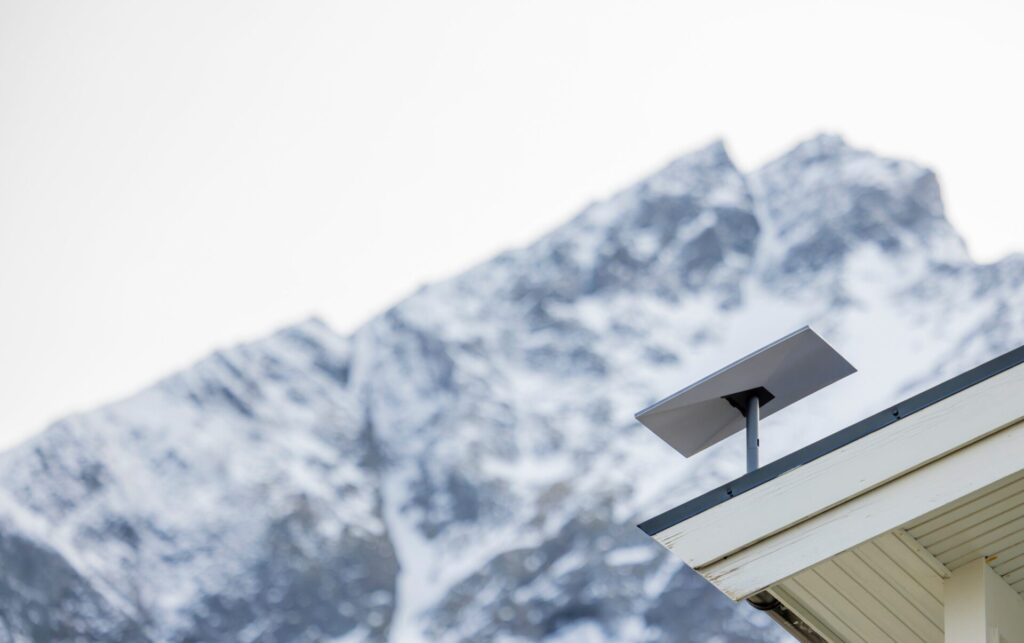Montana has recently made a significant move in directing a large portion of its federal broadband funding towards satellite internet providers, awarding SpaceX’s Starlink $119 million to connect 20,000 underserved locations, according to a report by PCMag.
This funding comes from the U.S. Broadband Equity, Access, and Deployment (BEAD) program, which aims to expand high-speed internet access across rural America. Montana’s BEAD program will cover over 70,000 locations, with satellite providers receiving a surprising majority of the support. Starlink will be responsible for more than 28% of the locations, while Amazon’s Project Kuiper has been awarded $26 million to cover nearly 37%.
In total, around 65% of Montana’s BEAD sites will be served by satellite, a significantly higher percentage than in most states. By heavily relying on satellite rather than fiber builds, Montana states that it only needs $308 million to cover its underserved communities, saving over $300 million compared to the original $629 million allocation. Colorado has taken a similar approach, while other states remain more fiber-heavy in their broadband expansion plans.
For example, Oklahoma recently awarded Starlink only one site, while Amazon’s Kuiper secured over 4,200. In Virginia, SpaceX raised concerns over the state’s $613 million BEAD proposal earlier this month, criticizing it for prioritizing costly fiber installations over its satellite service. SpaceX has urged both Virginia and Louisiana to revise their BEAD plans and has even called on the Commerce Department to intervene. The agency will need to approve all state BEAD proposals before any federal funding is released.
Critics argue that fiber is a better long-term solution, offering faster, congestion-free gigabit speeds. However, Starlink is already widely available for purchase across the U.S. SpaceX is actively working to enhance Starlink’s capacity to support gigabit internet and sees BEAD funding as crucial in scaling access in rural regions.
This development comes as Starlink recently celebrated surpassing 7 million users worldwide, with service now live in approximately 150 countries. The expansion of satellite internet providers like Starlink and Amazon’s Project Kuiper is reshaping the broadband landscape, particularly in rural and underserved areas where traditional fiber installations may be costly or challenging to implement.

